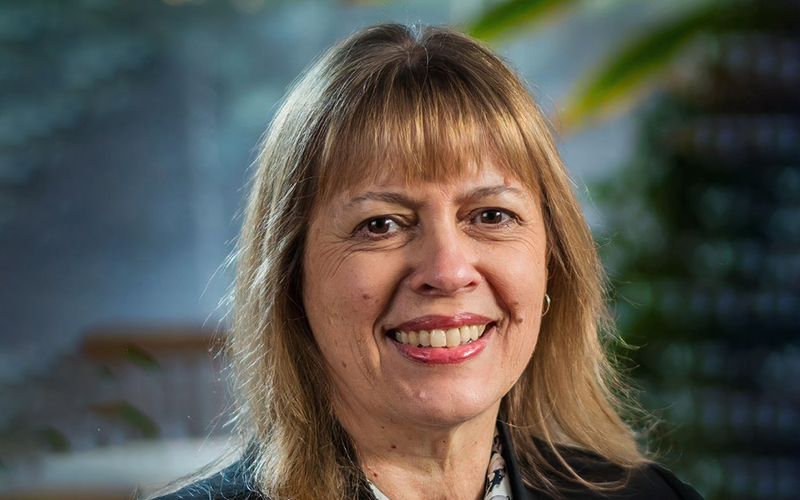Search
Research
Web-Based Self-Compassion Training to Improve the Well-Being of Youth With Chronic Medical Conditions: Randomized Controlled TrialUp to one-third of young people live with chronic physical conditions (eg, diabetes, asthma, and autoimmune disease) that frequently involve recurrent pain, fatigue, activity limitations, stigma, and isolation.
Research
Association between mental health workforce supply and clusters of high and low rates of youth suicide: An Australian study using suicide mortality data from 2016 to 2020Abstract: To examine the association between mental health workforce supply and spatial clusters of high versus low incidence of youth suicide.
Research
The perinatal and childhood outcomes of children born to Indigenous women with mental health problems: A scoping reviewMaternal mental health problems are common during the perinatal period and have been associated with several negative outcomes in children. However, few studies have examined the associations between maternal mental health problems and offspring outcomes among Indigenous people, and the findings across these studies have been inconsistent. This scoping review examined the birth and childhood (≤12 years) health and development outcomes of the children of Indigenous women with mental health problems.
Research
Early life determinants of health: Invest early to break the cycle of long-term disadvantage in neurodevelopmental disordersThis chapter discusses the importance of investment in early life determinants of health to break the cycle of long-term disadvantage. This chapter addresses these issues while focussing on neurodevelopmental disorders and their related mental health concerns as the targets at the centre of a biopsychosocial transformation of the health system.

News & Events
Congratulations to Professor Helen Milroy – WA’s 2021 Australian of the YearThe Kids Research Institute Australia congratulates Professor Helen Milroy on being named Western Australia’s 2021 Australian of the Year.
Research
A meta-analytic review and conceptual model of the antecedents and outcomes of goal adjustment in response to striving difficultiesThere is growing interest in how and why individuals adjust their goals in response to difficulties encountered during goal striving and the outcomes of such adjustments; however, research on these topics is fragmented across theoretical perspectives and life domains.
Research
Empowering Social Competence: A Scoping Review of Digital Social Skills Training InterventionsEffective social skills are essential for functional social support, help-seeking, and resource access. Digital social skills training plays a key role in empowering individuals to develop social competence, improve access to various support and resources, and enhance locus of control through dynamic media.
Research
Bridging the gap: unveiling key links between autism and anxiety symptoms in autistic children and youth using a network analysis in pooled data from four countriesAutistic children experience significantly higher rates of anxiety compared to nonautistic children. The precise relations between autism characteristics and anxiety symptoms remain unclear in this population. Previous work has explored associations at the domain level, which involve examining broad categories or clusters of symptoms, rather than the relationships between specific symptoms and/or individual characteristics. We addressed this gap by taking a network approach to understand the shared structure of autism characteristics and anxiety symptoms.
Research
Resilience and mental health among care leavers: Role of social inclusion, self-determination, and independent living skillsYoung people transitioning from out-of-home care (OHC) frequently experience poor mental health and resilience due to adverse childhood experiences (ACEs). However, there is limited understanding of the factors that mediate and moderate these outcomes. This is the first study to integrate linked administrative and longitudinal data to examine the mediation and moderation effects of placement stability, independent living skills (ILS), social inclusion, and self-determination when examining the association between ACEs and care status on mental health and resilience.
Research
Twenty-five is not a neurobiologically determined age of maturity for gender-affirming medical decision-makingAmong the increasing threats to the healthcare of transgender and gender-diverse people globally, are efforts to deny gender-affirming medical care to people under age 25 typically justified by stating that the human brain is not developed until the mid-to-late 20's. Thus, this line of reasoning states young adults are not sufficiently mature to be responsible for autonomous healthcare decision-making— at least in regard to gender-affirming care.
